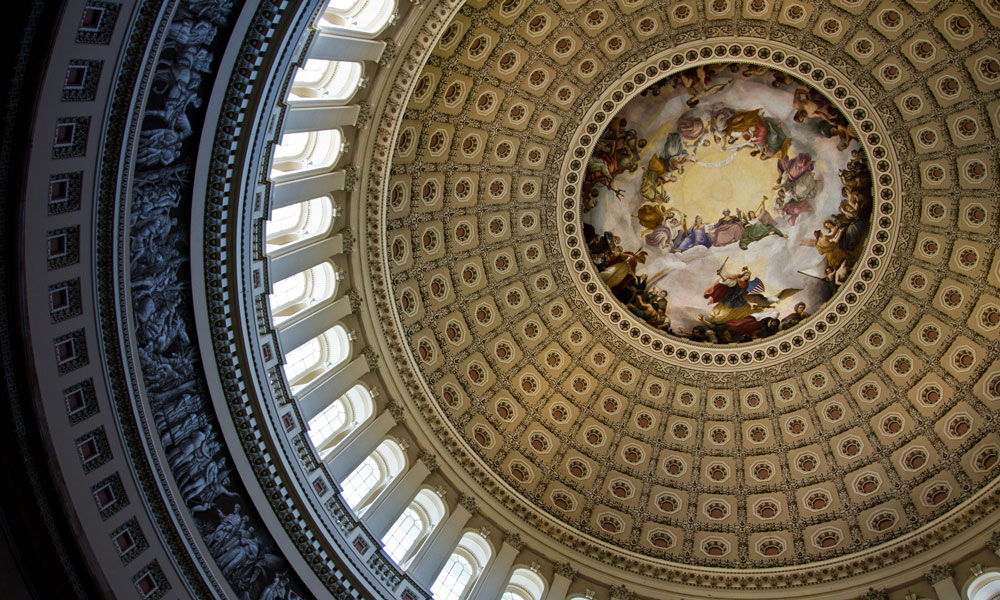
House Passes Six-Month Delay of Overtime Rule
Before adjourning for election season, the House passed a bill that would postpone the December 1 effective date of the Department of Labor’s new overtime rule until the middle of next year. Senate action, if any, won't come till after election day.
A possible delay in the implementation of a controversial new rule governing eligibility for overtime pay drew a step closer this week, though it’s unclear whether it will be stopped before the effective date of December 1.
Late Wednesday night, the House passed bill H.R. 6094, which would delay implementation until June 1, 2017.
We all agree we need to modernize our nation’s overtime rules, but small businesses, nonprofits, and colleges and universities should not be hurt in the process.
The bill passed on a mostly party-line vote of 246-177, though five Democrats did vote in favor of the bill. The Senate adjourned the same night after passing a stopgap spending bill to avert a government shutdown, meaning the Senate will not vote on the overtime bill until after the November elections at the earliest.
Before the House vote, ASAE urged its members to support the bill, which was introduced by Rep. Tim Walberg (R-MI). The final overtime rule, announced by the Department of Labor in May, raises the threshold for employees who are exempt from overtime pay to $47,476—more than double the current salary threshold of $23,660. ASAE does not oppose an adjustment to the current overtime threshold but is concerned that the new rule as written would adversely affect many nonprofit organizations and other employers with limited revenues and could harm many affected employees as well.
“We all agree we need to modernize our nation’s overtime rules, but small businesses, nonprofits, and colleges and universities should not be hurt in the process,” Walberg said. “The department needs to abandon this flawed rule and pursue the balanced approach we’ve been fighting for from the start. Instead, they are forcing those who have to deal with the real-world consequences to make significant changes before an arbitrary December deadline.”
Without further congressional action, the overtime rule will take effect December 1. And with Congress adjourned until November 14 so that lawmakers can campaign for reelection, there will be little time for the Senate to act before the rule becomes effective. In addition, the White House threatened to veto Walberg’s bill earlier this week.
While continuing to press for a legislative solution, ASAE has joined the U.S. Chamber of Commerce and numerous other organizations in a lawsuit to block the rule from taking effect on December 1.
The lawsuit, filed last week in the U.S. District Court for the Eastern District of Texas, argues that the Labor Department exceeded its authority under the Fair Labor Standards Act by drastically altering the minimum salary requirements for exemption and by establishing an automatic salary threshold increase every three years, to take place without notice or public comment.
“The costs of compliance will force many smaller employers and nonprofits operating on fixed budgets to cut critical programming, staffing, and services to the public,” the complaint says. “Many employers will lose the ability to effectively and flexibly manage their workforces upon losing the exemption for frontline executives, administrators, and professionals.”
In addition, ASAE is urging associations to contact their members of Congress to support the Overtime Reform and Enhancement Act (H.R. 5813), introduced by Rep. Kurt Schrader (D-OR), which incrementally phases in the new salary threshold over the next three years and eliminates the provision that allows for automatic updates to the salary threshold every three years.
(iStock/Thinkstock)






Comments